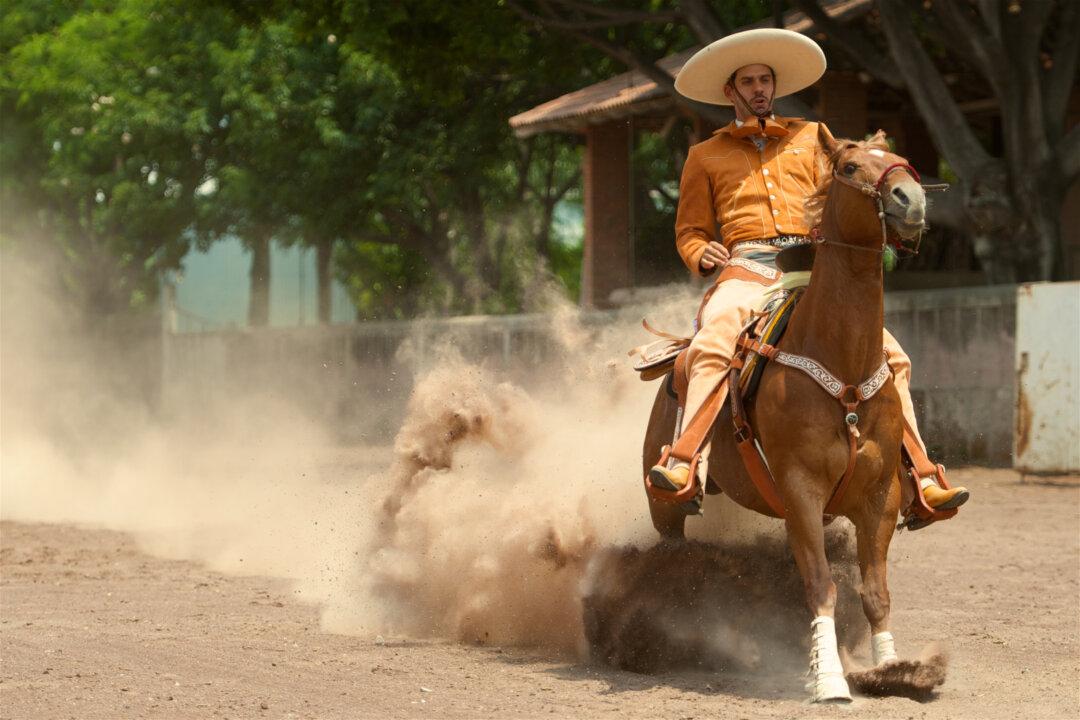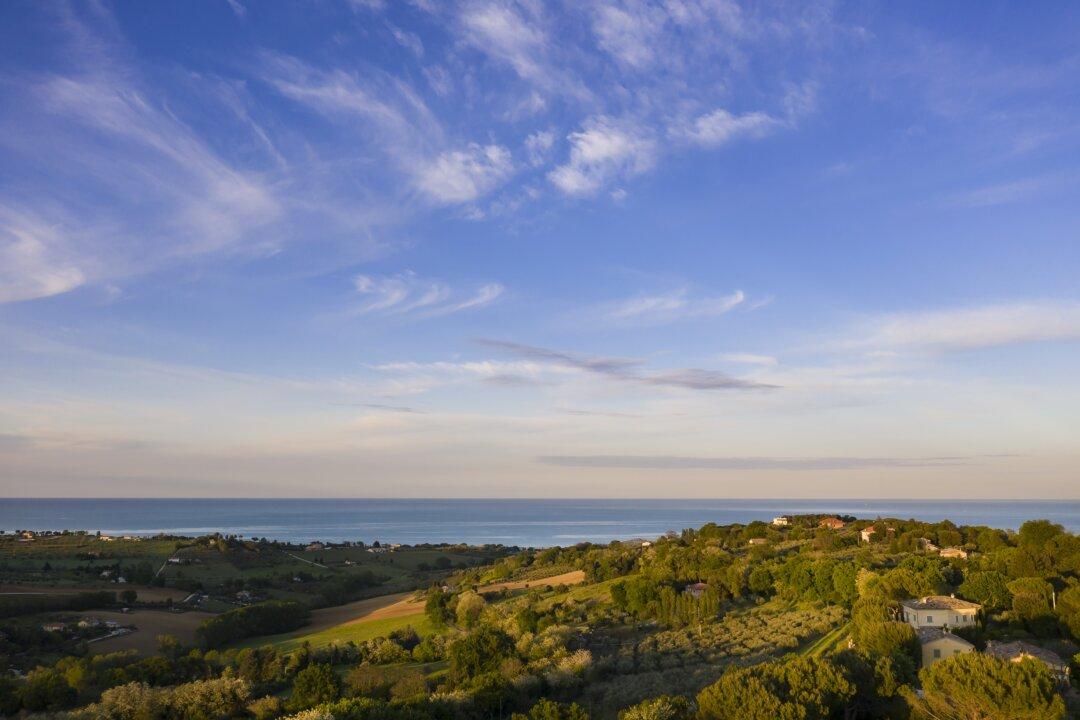The 2013 documentary “Somm” and the TV series “Uncorked” have thrust the sommelier profession into the spotlight, even lending it a bit of celebrity status, yet many remain uncertain about what the job entails. There’s more to it than recommending wine pairings to diners and shuffling to the cellar to procure the agreed upon bottle.
Merriam-Webster defines a sommelier as “a waiter in a restaurant who has charge of wines and their service: a wine steward.” Close.





